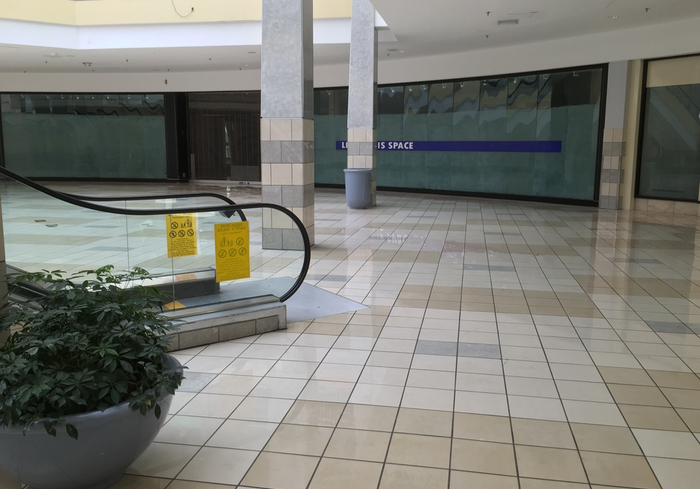Mall Stores Seek ‘Under-The-Radar’ Closures

To avoid publicity, retail stores in U.S. malls are closing without a formal announcement or honoring the length of their leases, CNBC reported.
Of the approximately 2,500 retail stores that weren’t department stores and closed in shopping malls in the U.S. over the past year, approximately 980 chose not to announce their closures. They’re also avoiding attention by letting their leases terminate, Jim Sullivan, president of Green Street’s Advisory Group, told CNBC.
“Many important national retailers are closing … where there hasn’t been fanfare, and it hasn’t been as obvious,” Sullivan said. “A lot of the focus has been on anchor-store closings, which is an important part, but some of these other signals are happening under the radar with the in-line tenants, which can be just as important but not as obvious.”
When retail tenants attempt to close stores before their lease expires, a legal dispute with the landlord can ensue. Simon Property Group got a favorable ruling in a court case over Starbucks’ plans to close 77 Teavana stores at Simon’s properties, for example, stopping the retailer from closing stores or having any going-out-of-business sales at its locations.
The lease Starbucks signed with Simon for the Teavana brand stipulated that the stores must be open and operating during normal business hours. Some of the 77 Teavana leases will be active for another 10 years, CNBC noted at the time.
A Washington court handed down a similar ruling in a case against Whole Foods, which recently closed one of its 365 stores in Bellevue, Washington, without giving the landlord much notice.
When landlords do end up replacing shuttered retailers, they are turning toward a mix of restaurants, lifestyle and specialty retail brands. And, when anchor stores actually do close, mall owner-operator General Growth Properties, for example, opted to replace them with restaurants, grocery stores, gyms, boutique retailers and entertainment options.